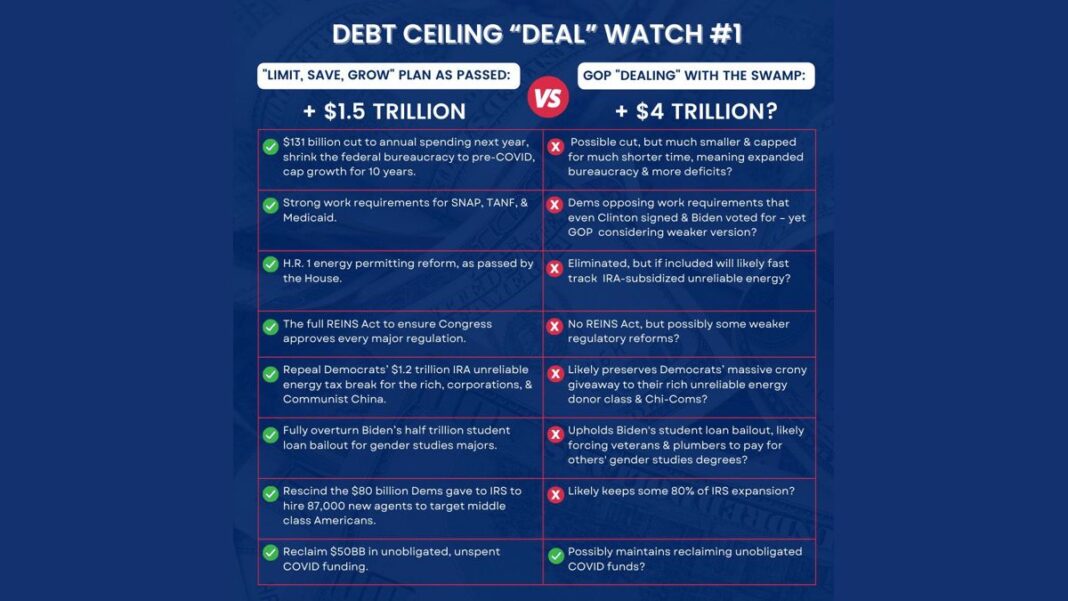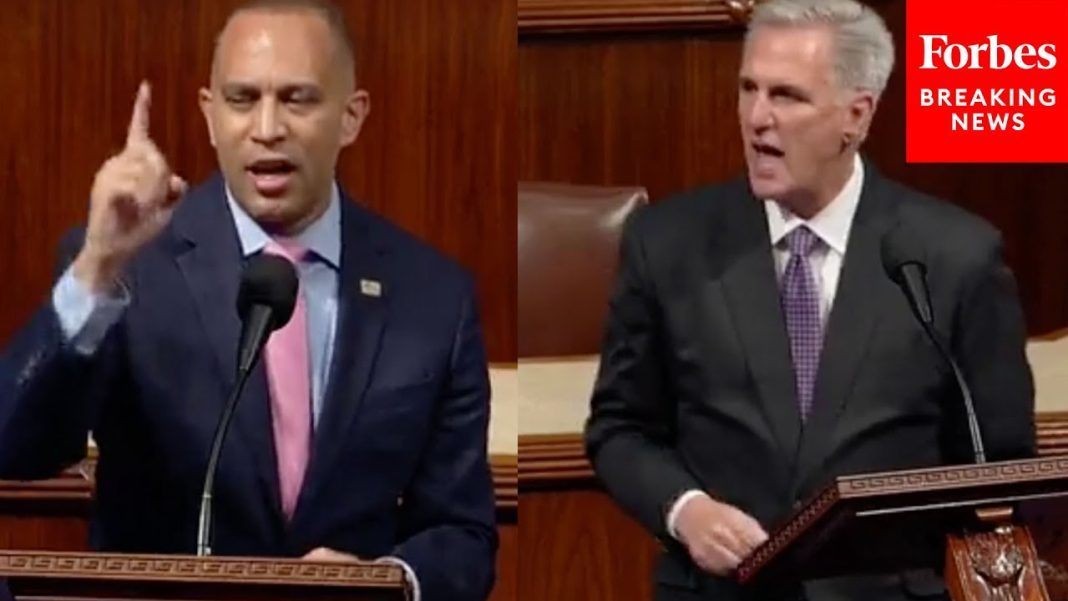
Trump, DeSantis and even Robert F. Kennedy Jr. recognize the need to reassert political control.
The emerging question of the 2024 presidential election: Who will slay the federal leviathan? The beast goes by another name—the administrative state—and primary contenders are increasingly placing it front and center in their campaigns.
In his Twitter Spaces launch with Elon Musk, Florida Gov. Ron DeSantis promised to “reconstitutionalize the executive branch and bring the administrative state to heel.” Democratic candidate Robert F. Kennedy Jr. began his White House bid by saying he’d “take the CIA and shatter it into a thousand pieces and scatter it to the winds.” Businessman Vivek Ramaswamy has a bold proposal to eliminate all civil-service protections for federal employees. And in Donald Trump’s first speeches of the 2024 cycle, he claimed he is better positioned than his opponents to “root out the deep state” in 2025, having learned from his personnel mistakes during his first term.
What was once obscure has become obvious: Presidents today exercise a fraction of the executive-agency control that Franklin D. Roosevelt did when he and Congress created our modern government. The Covid lockdowns encouraged by Anthony Fauci and the recently uncovered coordination between the government and social-media platforms to censor what they arbitrarily deemed “misinformation” are fresh on everyone’s mind. That these bureaucrats pursued their own agenda while Mr. Trump ostensibly had control over them proves that until you fix the administrative state, there’s no guarantee that executive-branch policy will reflect the president’s views.
The problem is that few politicians on the right have more than a surface-level understanding of this issue. Nearly all the scholarship on the administrative state has been done by left-wing academics for left-wing purposes. Most appointees who have served in Republican administrations have been content to get along with the administrative state—tinkering on the margins of policy without trying to change the system. Their dearth of knowledge has led to reform proposals that are often vague, unfeasible and half-baked.
In the modern era, only two teams have attempted to curb the administrative state’s power: Ronald Reagan’s Office of Personnel Management, led by Donald Devine, and Mr. Trump’s Office of Presidential Personnel, led by John McEntee. Both men installed political loyalists among the presidents’ appointees and took major steps to curtail career bureaucrats’ power.
By James Bacon
Mr. Bacon is a senior adviser to the Heritage Foundation’s Presidential Transition Project. He served as White House director of operations for presidential personnel, 2020-21. Project 2025: Presidential Transition Project







